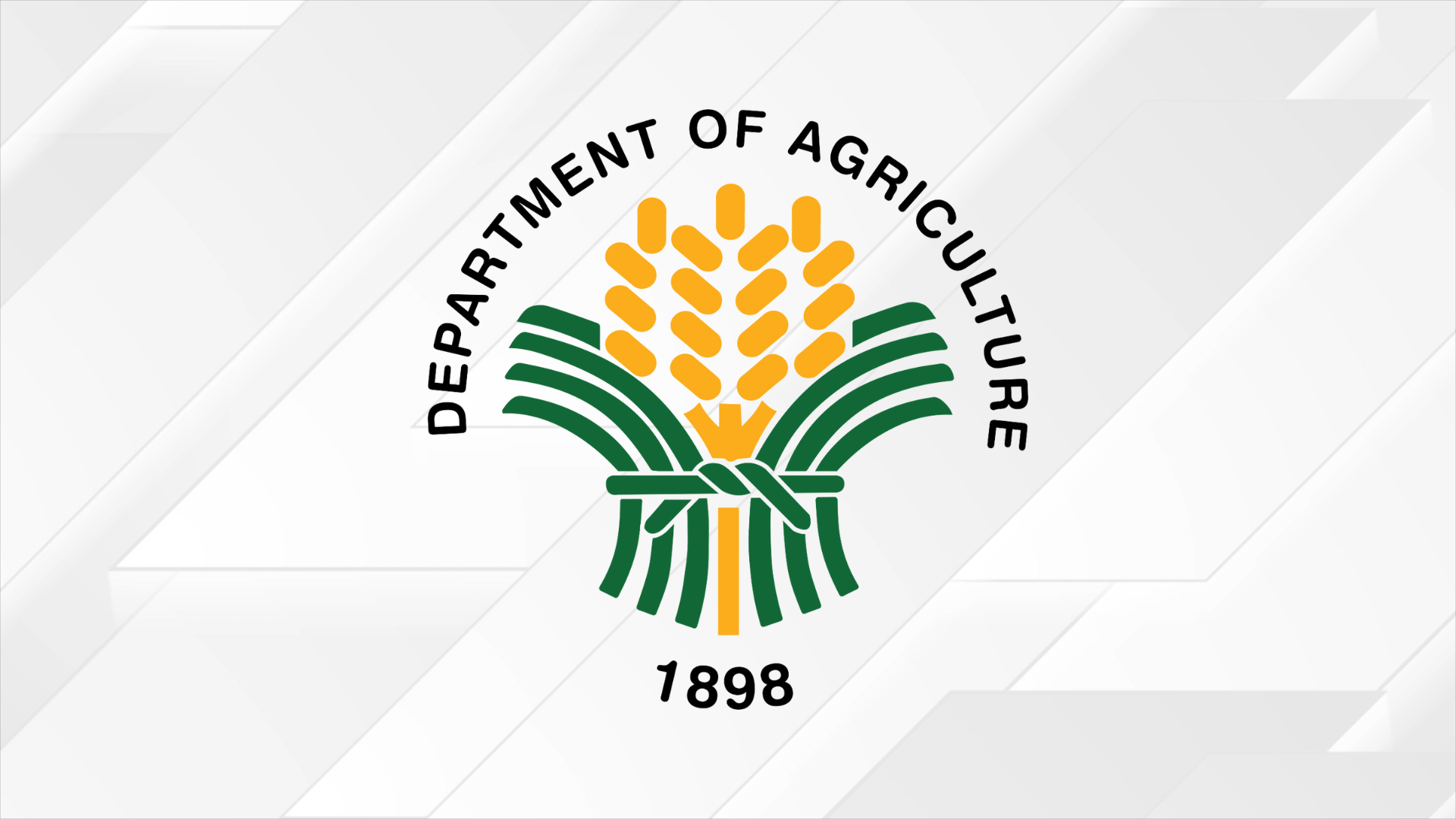The Department of Agriculture (DA) is looking into various financial sources for a buffer fund where it can dip its hands into in case of a shortage in commodities, such as rice.
“In principle, [the fund] is already approved. We are looking for the funding source. There are several options … but I cannot disclose details about it yet because I am not sure,” Agriculture Secretary Francisco Tiu Laurel Jr. told reporters in a mix of Filipino and English.
“But for next year, we are almost sure that we can get that P5-billion buffer fund … in case we have to trigger the price action,” he told reporters on the sidelines of the European Chamber of Commerce of the Philippines’ 2024 Sustainable Agriculture Forum in Makati City.
Republic Act No. 7581, or the Price Act, aims to protect consumers by stabilizing the supply and prices of basic commodities in the market at all times.
READ: Agri goods transport delayed by bad weather, says DA chief
It calls for the creation of a mechanism to readily protect consumers from inadequate supply and unreasonable price increases of food items in the event of a calamity, emergency, widespread illegal price manipulation, and other related situations.
“The implementing agency may procure, purchase, import, or stockpile any basic necessity or prime commodity, devise ways and means of distributing them for sale at reasonable prices in areas where there is shortage of supply or a need to effect changes in its prevailing price,” Section 9 of the law states.
While the Price Act was enacted in May 1992, the DA promulgated its implementing rules and regulations (IRR) only in July this year.
READ: Agri department turns to ‘AI’ to rebuild hog industry
Tiu Laurel said this measure would help control the prices of agricultural products in the country since it sets a “trigger point” in utilizing the funds.
“There is a trigger point on when to use the fund. If there is a sudden, significant spike in the market … it will go through the National Price Coordinating Council. We are seriously looking into rice,” he said.
“We have to be very careful… This is the first time we will use it that is why we studied it very carefully,” he added.
The IRR provides that the volume of commodities to be maintained should not exceed 10 days of the average national daily food requirement based on the available data from the recognized competent authority or international organization.
